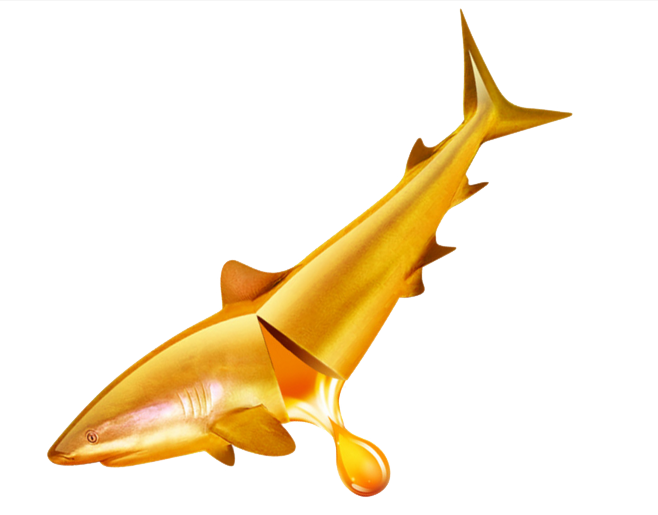SALMON CONSUMPTION DURING PREGNANCY? A SUPPLEMENT OF EPA AND DHA IS MUCH SAFER
Although since 2001, the EPA - Environmental Protection Agency - and the FDA - Food and Drug Administration - both US Government agencies suggest women not to exceed the consumption of 340 grams of fish a week during pregnancy due to the risk of mercury poisoning contained in fish, especially of large size, no one warns them with the same emphasis of the danger on the unborn child caused by dental amalgams that remain, in fact, the most important source of mercury intoxication. The advice not to overdo the consumption of fish during pregnancy, however, remains a valid advice. Fish, however, is a protein source of extraordinary utility for the presence of fatty acids such as EPA and DHA, but if we have to control its consumption because it is polluted, how to obtain the benefits without encountering high and dangerous doses of mercury and other pollutants? In the only way possible: pregnant women must be under the consumption of 340 grams of fish a week but MUST take the integration of a super refined and pure fish oil or Krill oil that does not contain, even at high doses, trace of contaminants such as mercury, lead, aluminum and cadmium. I suggest to integrate a product of this type starting at least from the twentieth week of pregnancy on, while breastfeeding and to continue with supplementation directly to children at least up to 5 years of age. Thus, the beneficial effects of the integration of long-chain omega-3 fatty acids (EPA and DHA) on the neuronal development of children can be reconciled with the need not to get intoxicated with mercury and other contaminants that, especially during pregnancy, can cause neurological damage to the unborn child.
